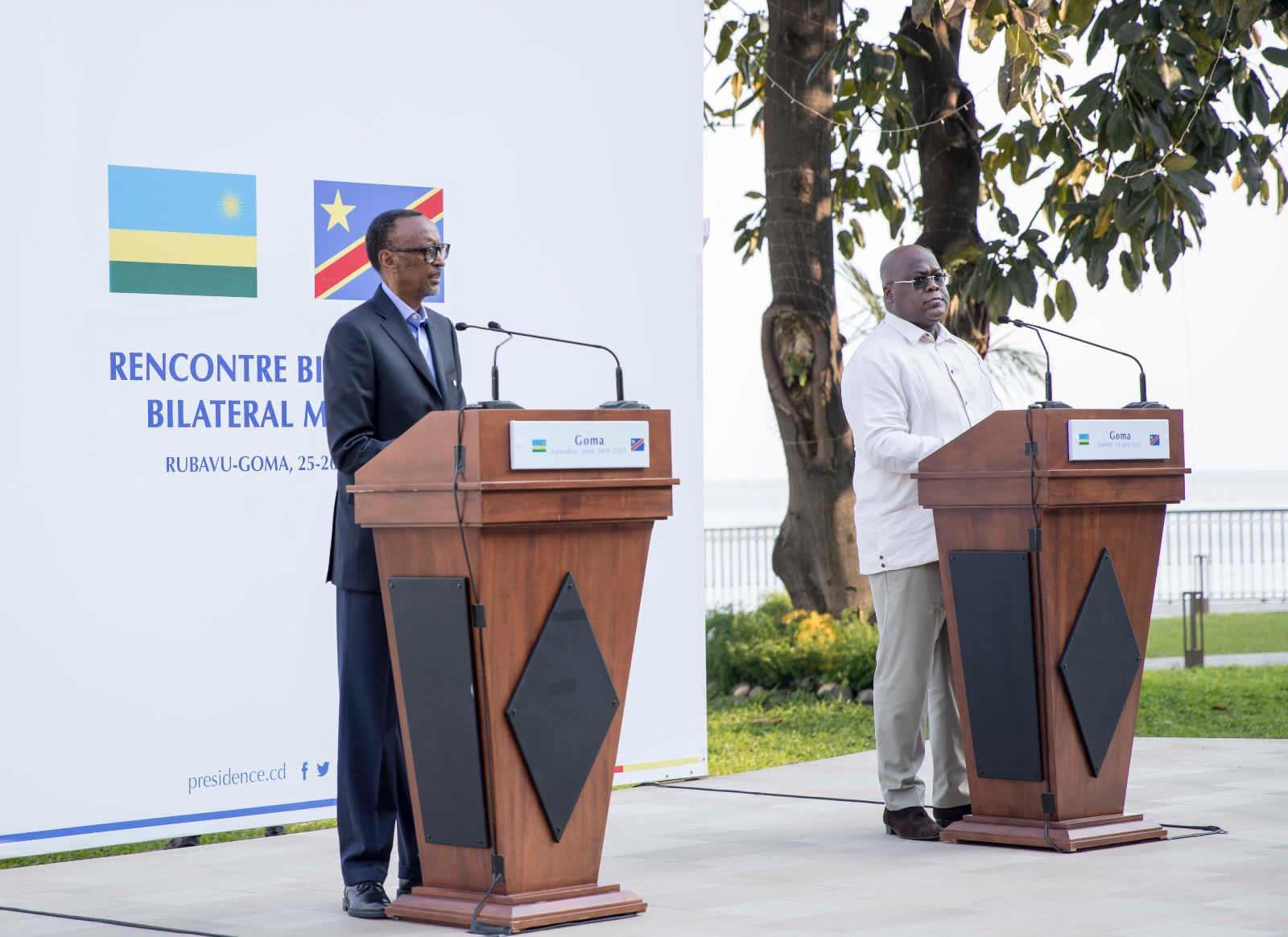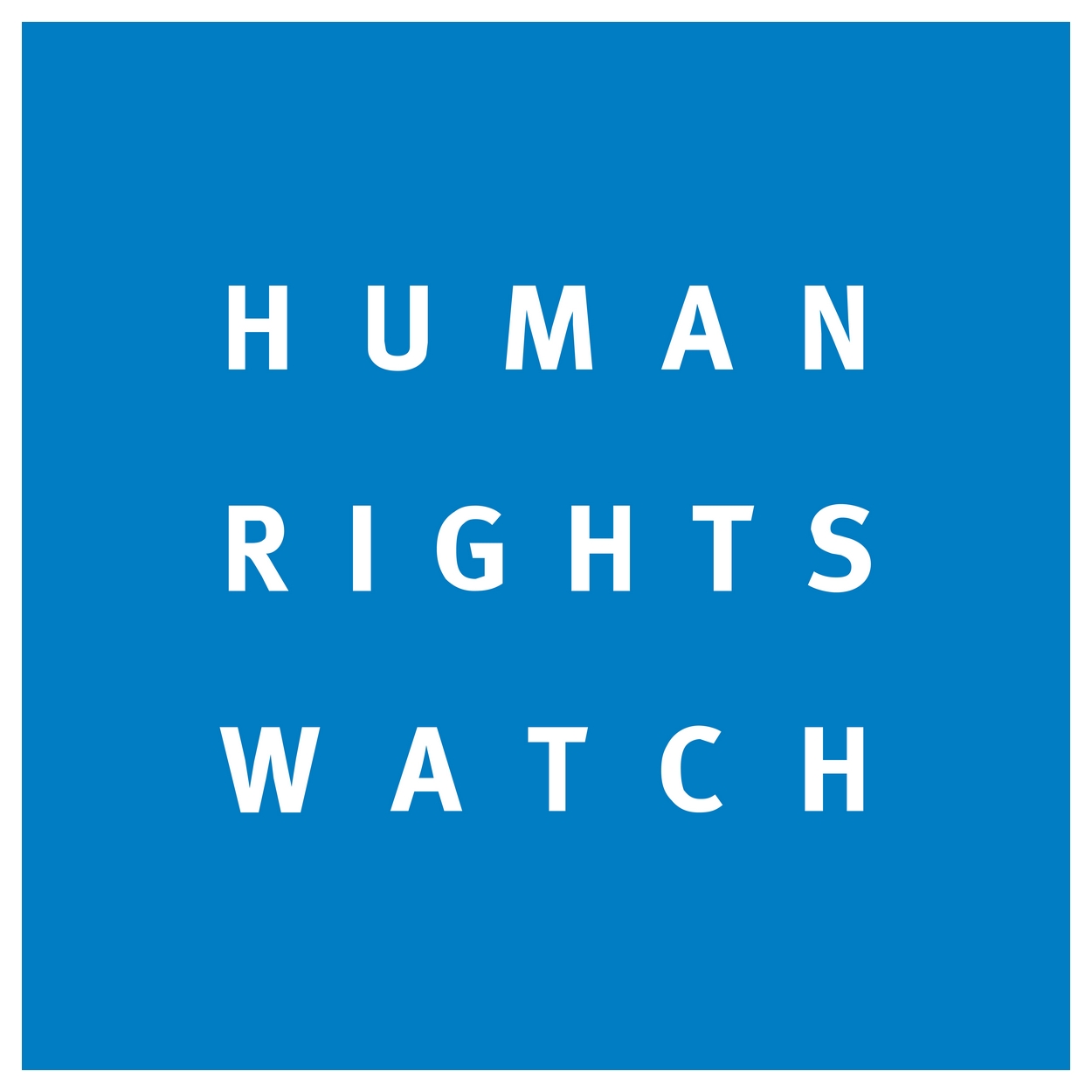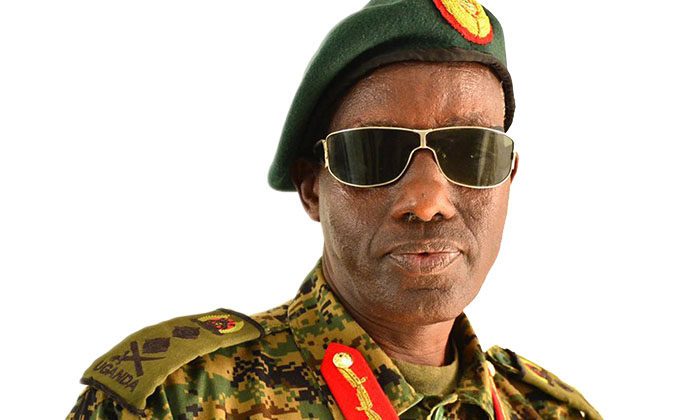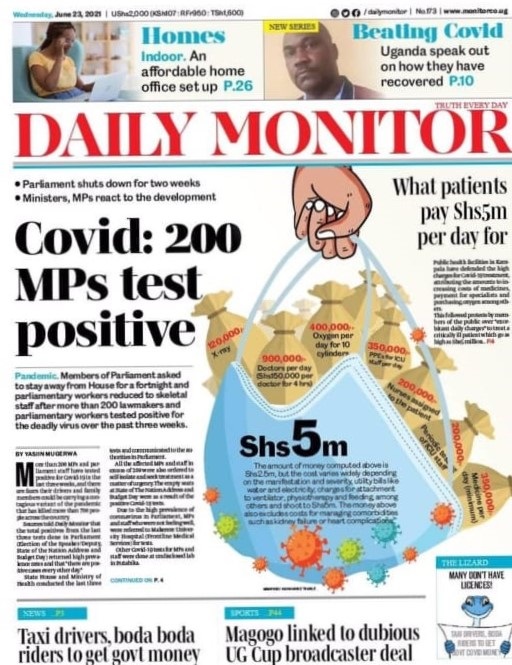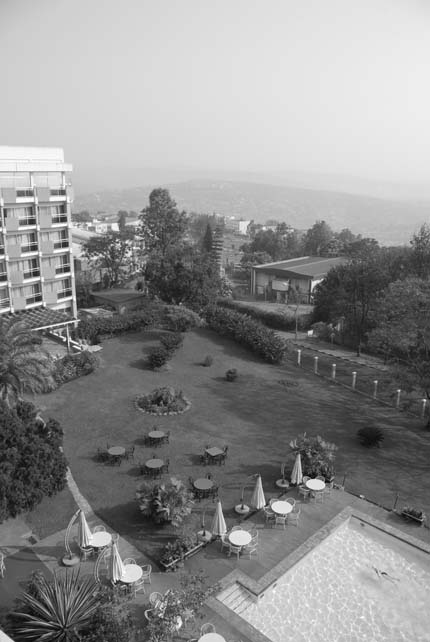Regional
Tshisekedi: DRC disadvantaged outside EAC
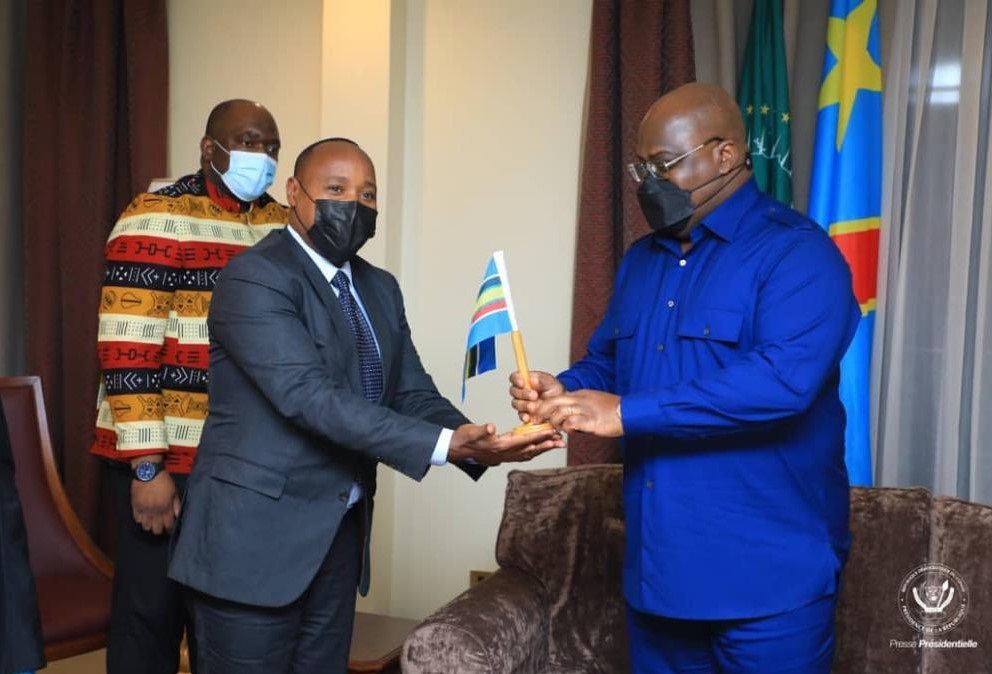
AC Secretary General, Dr. Peter Mathuki, presents the EAC flag to President Félix Tshisekedi, on Friday, June 25, marking the launch of the verification mission on the DRC's admission to the EAC.
President Félix Tshisekedi of the Democratic Republic of
Congo (DRC) on Saturday, June 26, indicated that his vast natural resource-rich
country is disadvantaged by not being a member of the East African Community
(EAC). He was addressing a joint press conference alongside Rwandan President
Paul Kagame in Goma, capital of DRC's North Kivu Province.
When a reporter asked him what the country stands to gain by
joining, Tshisekedi said the question to ask would have been the opposite -
what happens to us if we do not join this Community? Tshisekedi then gave the
journalist an example, to shed light.
"I want to give you just one example. For the same
product imported by two businessmen. One, a Rwandan living in Rubavu, the
other, a Congolese living in Goma; for a product which enters through Customs
in Mombasa, for example, you will understand that in the current state of
things, the Congolese is disadvantaged."
"The Rwandan is already in the East African Community
and therefore benefits from advantageous customs costs while the Congolese
sells the same product as the Rwandan but sells it more expensive in Goma.
Consumers will go to Rubavu, which is next door. They can get this product for
less than the price in Goma."
The entry of DRC into the EAC will ease the free movement of
goods especially to the country’s eastern region, which relies on the Dar es
Salaam and Mombasa ports for its imports and exports. So, Tshisekedi said, this
is just one example that illustrates the fact that "by harmonizing our tariffs",
the economy in eastern DRC will get a boost.
"And I have always expressed my admiration for our
compatriots in this part of the country, who are very enterprising; who,
despite the violence, the difficulties, ...remain very enterprising."
A day earlier, late Friday, Tshisekedi had officially
received the EAC Secretary General, Dr. Peter Mathuki, and his delegation, who
were in Goma for the launch of the verification mission on the country's
admission into the six-member Regional Economic Community.
When launching the verification exercise, Tshisekedi had
said that his country is committed to joining the EAC at the earliest
opportunity possible. Tshisekedi initially officially expressed his country's
interest in joining the Community in June 2019 when he wrote to then EAC
Chairman, Kagame.
The Rwandan leader then requested the bloc's Secretariat to
have Kinshasa’s application put on the agenda of the Summit of EAC Heads of
State and Government. The Summit of EAC Heads of State on February 27
considered the application by DRC to join the Community. They then directed the
Council of Ministers to expeditiously undertake a verification mission in
accordance with the EAC procedure for admission of new members into the EAC and
report to the next Summit.
The EAC verification mission shall be in the country from
June 25 to July 4 to assess the suitability of the DRC for admission into the
Community. Addressing the media after meeting the
Congolese President, Dr. Mathuki disclosed that the technical team in Kinshasa
would engage their DRC counterparts to ensure that the verification was
finalised and a report completed in time in readiness for presentation to the
EAC Council of Ministers who would table it before the Summit of EAC Heads of
State for consideration.
It will be up to the Heads of State to make a decision on
whether to admit DRC into the Community. "DRC would be an important
country if it joins the East African Community and her entry would strengthen
historical relations with East Africa,” Dr Mathuki said.
The EAC Secretary General added that the admission of DRC
would boost the Community economically and geopolitically. “The people of DRC would benefit because of
the free movement of people from DRC other countries without a visa if they are
fully in the EAC,” he said. “The President has received the message from the
EAC Heads of State with a lot of happiness and he is looking forward to the
report to be out and hopefully, very soon, DRC will be a full member of the
East African Community."
Accompanying Dr. Mathuki to the meeting with President
Tshishekedi were Rwanda’s Minister of State for EAC Affairs, Prof. Nshuti
Manasseh, the Judge President of the East African Court of Justice, Justice
Nestor Kayobera, and Kenya’s Principal Secretary for EAC, Dr. Kevit Desai. The
EAC Deputy Secretary General in charge of the Productive and Social Sectors,
Christophe Bazivamo, is leading the verification team in Kinshasa, the DRC’s
capital city, on behalf of the Secretary General.
The DRC’s geographical area - 2.4 million square kilometres
- is far much larger than all the six EAC Partner States put together, with
their approximately 1.8 million square kilometers. However, East Africa has a
population of approximately 170 million, twice that of DRC with 86 million
people. The EAC verification team comprises three
experts from each Partner State funded by the EAC Secretariat and an additional
maximum of two experts to be funded by the nominating Partner State.
Criteria for
admission of new member
The verification team will, among other things, review the
current status of the DRC in international law and establish the country’s
level of conformity with the criteria for admission of foreign countries as
provided in the Treaty establishing the EAC.
Under the EAC Treaty, the criteria for the admission of new
countries into the Community include: acceptance of the Community as set out in
the Treaty; adherence to universally acceptable principles of good governance,
democracy, the rule of law, observance of human rights and social justice;
potential contribution to the strengthening of integration within the East
African region, and; geographical proximity to and interdependence between it
(the foreign country) and EAC Partner States.
The DRC neighbours five EAC Partner States - Tanzania,
Burundi, Rwanda, Uganda and South Sudan. The other criteria for admission of a
new member are: establishment and maintenance of a market-driven economy; and;
social and economic policies being compatible with those of the Community.


